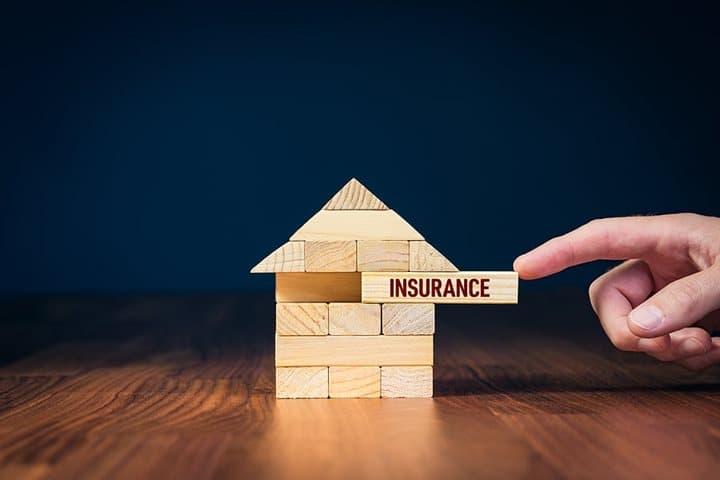Do I Need Insurance When Buying a Home?
Buying a property will come with lots of costs that you may not expect, one of which being insurance. But is this a necessary cost or can you do without it?

Buying a property will come with lots of costs that you may not expect, one of which being insurance. But is this a necessary cost or can you do without it?

In some cases, you may be able to transfer an existing home insurance policy to your new property. However, it is important to be aware that the price may change due to any differences with your new property such as the area, the size, and the age of the building.
As soon as you exchange contracts you will become legally responsible for the property. Therefore, you should arrange for your insurance to start on the date you exchange contracts to make sure that you are covered from day one.
Compare moving quotes in 4 simple steps